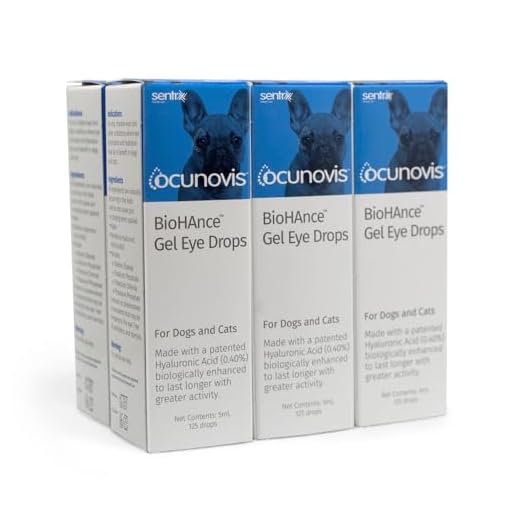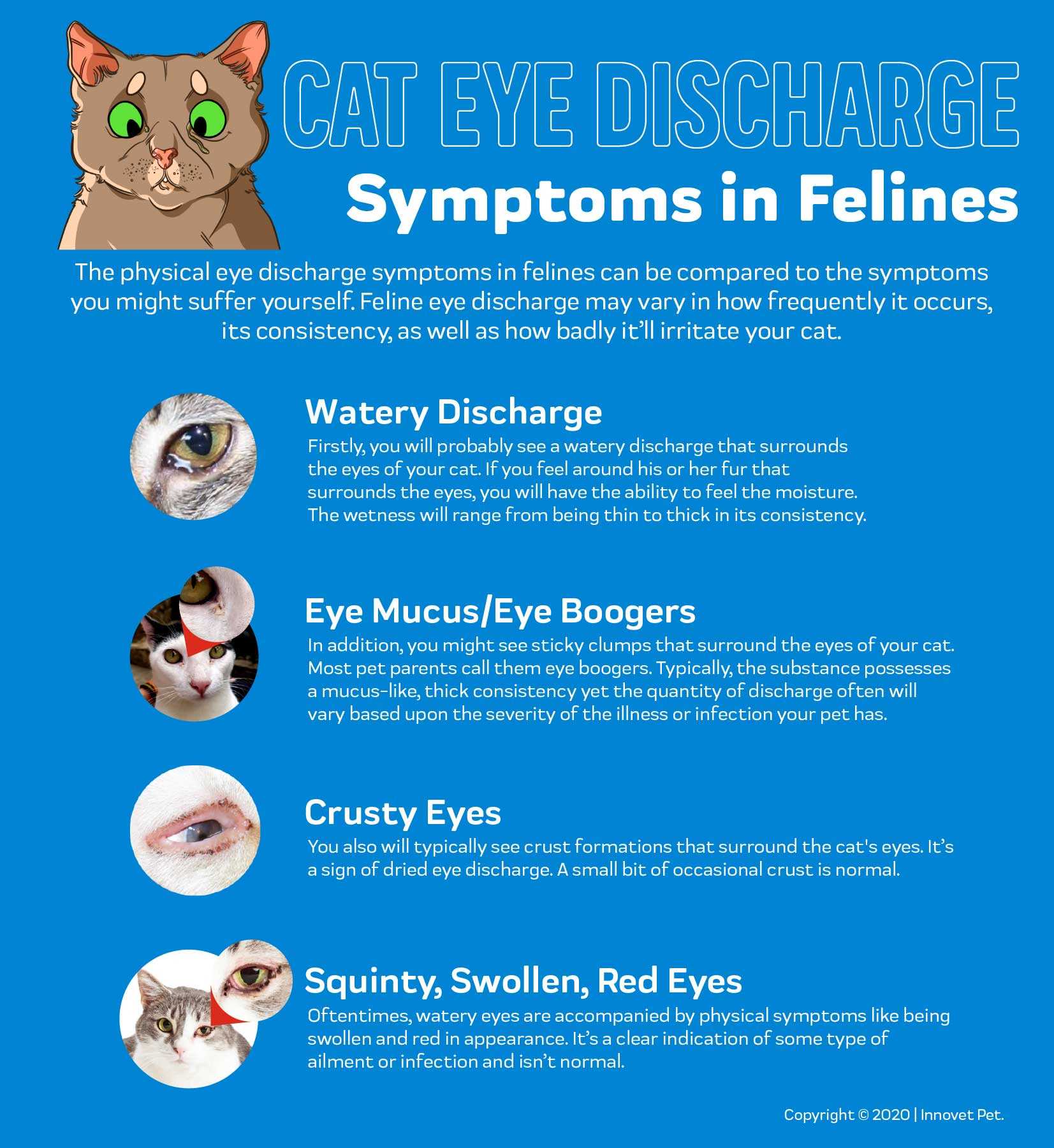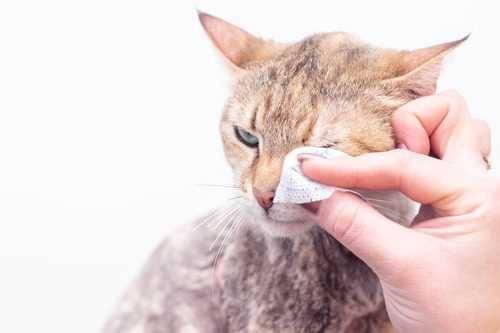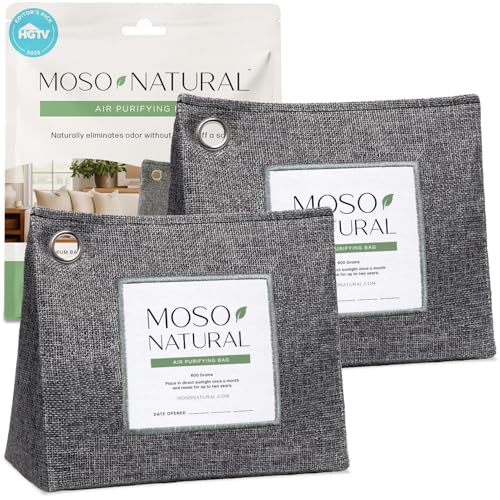



First things first: grab a soft, damp cloth. It’s the best tool for tackling those pesky deposits that accumulate around my beautiful peepers. Make sure the cloth is clean and preferably made of microfiber to avoid scratching my sensitive skin.
Next, gently wipe the area around my eyes, being careful not to press too hard. A light touch works wonders, ensuring I stay comfortable while you help me look my best. If you notice stubborn residue, a little warm water can help loosen it up.
For those times when I seem to have a lot of buildup, consider using a saline solution. A couple of drops on the cloth can effectively assist in breaking down the stubborn bits. Just remember to always rinse the cloth afterward to keep it fresh for the next round.
Lastly, regular check-ups with a vet are essential to rule out any underlying health issues. Keeping an eye on my wellness will help prevent excessive accumulation and ensure I stay as charming as ever!
Tips for Removing Eye Discharge
Warm water is your best friend. Soak a soft cloth or cotton ball in it. Gently press it against my face to soften any crust. This makes it easier to wipe away the leftover residue.
Choose a clean area for this task. I prefer a cozy spot where I feel safe. It helps me relax while you work on my fur.
Wipe away from the corner of my eye towards the outer edge. This helps prevent any irritation. Be gentle; I might not appreciate rough handling.
If you notice persistent discharge, consider using a saline solution. Mix one teaspoon of salt in a cup of warm water. This can help cleanse my eyes further. Just make sure it’s not too salty!
Keep an eye on my habits. If I start to squint or if my eyes look red, it might mean something more serious is going on. A visit to the vet could be necessary.
Lastly, maintaining my overall health is key. A balanced diet and regular check-ups keep my eyes clear and bright. Your attention to my well-being goes a long way!
Identifying the Causes of Eye Discharge in Felines
Allergies are a common reason for the annoying discharge. Pollen, dust, or even certain foods can trigger reactions. Pay attention to changes in the environment that might be affecting me.
Infections, both bacterial and viral, can lead to unsightly residue. If I seem lethargic or you notice redness, it’s time to consult a vet.
Blocked Tear Ducts
Sometimes, tears can’t drain properly due to blockages, resulting in an accumulation. If you notice watery or crusty buildup, it might be worth checking for any obstructions with a professional.
Underlying Health Issues
Conditions like conjunctivitis or other eye diseases can cause excess discharge. Regular vet visits help catch these problems early. Observing changes in my behavior or appearance can provide clues about my health.
Gathering the Necessary Supplies for Cleaning
To tackle the unwanted buildup around my peepers, I recommend having a few specific items. First, grab some soft cotton balls or gauze pads. They’re gentle and won’t irritate my sensitive skin. You’ll also need a clean bowl filled with lukewarm water. It’s best to use distilled water to avoid any potential chemicals. If you prefer a solution, consider using a vet-recommended saline solution, which is safe and effective.
A clean towel is also handy for drying my face afterward. Make sure it’s soft to avoid any discomfort. Finally, always have a treat ready as a reward for my patience during the process. This makes it a bit more enjoyable for both of us!
Step-by-Step Instructions for Cleaning Cat Eyes
First, gather your supplies: soft cloth or cotton balls, warm water, and a safe pet wipe if necessary. Make sure everything is within reach.
Next, gently approach me. It’s important I’m comfortable. Speak softly and let me sniff the supplies if I want.
Dampen the cloth or cotton ball with warm water. Ensure it’s not dripping wet; just enough to moisten it.
With gentle strokes, wipe away the discharge starting from the inner corner of my eye and moving outward. Use a different part of the cloth or a new cotton ball for each swipe to avoid spreading anything. Be careful around my fur and skin.
If there’s stubborn residue, you can apply a pet-friendly wipe. Follow the same technique, ensuring you’re gentle and not causing me any discomfort.
After you finish, praise me! A little treat or cuddle goes a long way in making this a positive experience for both of us.
Finally, wash your hands thoroughly after handling my supplies. Keeping things clean is important!
Tips for Preventing Future Eye Gunk Buildup
Regular grooming keeps my fur looking fabulous and helps reduce debris around my peepers. Here are some strategies that help maintain cleanliness:
- Daily Fur Brushing: A quick brush every day removes loose hairs and minimizes the chance of irritation.
- Hydration: Drinking plenty of water keeps me healthy and can affect tear production, reducing residue.
- Healthy Diet: Balanced nutrition supports overall wellness and can influence eye health. Foods rich in omega-3 fatty acids are particularly beneficial.
- Allergy Management: Identifying and avoiding allergens can prevent excessive tearing and subsequent buildup. Keep an eye out for dust, pollen, or certain foods.
- Regular Vet Visits: Routine check-ups ensure that any underlying issues are addressed promptly, keeping my ocular health in check.
- Safe Environment: Reducing exposure to harsh chemicals and irritants in the home can minimize discomfort and unwanted discharge.
Implementing these practices can lead to a happier and healthier life, with fewer pesky surprises around my eyes!
Signs That Eye Discharge May Indicate a Health Issue
If I notice excessive discharge around my peepers, it might mean something more serious is brewing. Here are some key indicators to keep an eye on:
Common Symptoms to Watch For

| Symptom | Possible Health Issue |
|---|---|
| Persistent discharge | Infection or conjunctivitis |
| Redness or swelling | Allergic reaction or injury |
| Excessive tearing | Blocked tear ducts |
| Changes in behavior (e.g., rubbing eyes) | Discomfort or pain |
Consult a vet if any of these signs appear. Early intervention can make a significant difference in treatment outcomes. Remember, keeping my health in check is just as important as fluffing my fur. For those dealing with arthritis, checking out the best arthritis medicine for cats can be a great resource.
Additionally, if you’re a fellow feline enthusiast looking to capture precious moments, consider exploring the best canon digital camera downloads for stunning photography options!
Cleaning Techniques for a Relaxed Experience

Before starting, ensure you’re in a calm environment. I prefer a quiet room away from distractions. Gently hold my head steady, but don’t grip tightly. A soft touch works wonders; it’s all about comfort.
Having a friend or a family member nearby to provide gentle petting can help keep me relaxed. Their voice can be soothing, making the process feel less intimidating.
Use warm, damp cotton balls or soft cloths. The warmth is comforting and reduces any potential discomfort. Approach my face slowly, letting me sniff the materials first. This builds trust and reassures me that it’s all okay.
Start with a light touch, wiping away any discharge in a single stroke. If I flinch or pull away, pause and give me a moment. Patience is key; I’ll appreciate it more in the long run.
Incorporating treats after the cleaning can create a positive association. Aftercare matters–rewarding me with something tasty helps me see this routine as a friendly interaction, not a chore.
When to Consult a Veterinarian About Eye Problems
Seek veterinary advice immediately if you notice any of the following signs:
- Persistent discharge that is yellow, green, or bloody.
- Swelling or redness around the eyelids.
- Excessive tearing or squinting.
- Changes in behavior, such as increased sensitivity to light or reluctance to open eyes.
- Appetite loss or lethargy accompanying eye issues.
- Any signs of pain, such as pawing at the face.
Additional Warning Signs
If your vision-challenged friend displays:
- Changes in eye appearance, like cloudiness or unusual coloration.
- Increased blinking or rubbing of the eyes.
- Behavioral changes, such as bumping into objects or avoiding play.
Prompt intervention can be critical for addressing potential health complications. Don’t hesitate to schedule an appointment if you have concerns.








